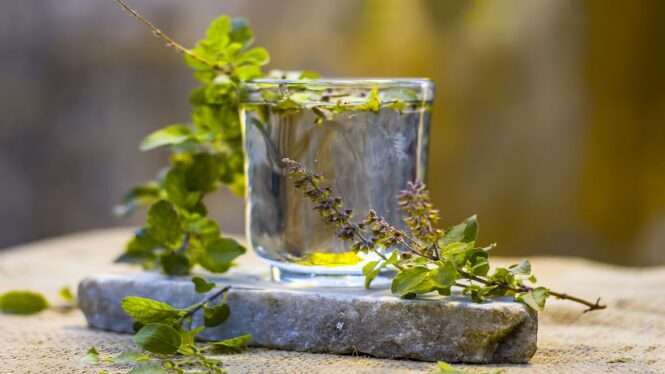
Breathlessness, or shortness of breath, is a distressing condition that makes it difficult to get enough air. Whether it’s triggered by a health condition or an environmental factor, experiencing frequent breathlessness can significantly affect daily life. Fortunately, Ayurveda offers holistic remedies to naturally manage and treat the root causes of breathlessness without side effects.
In this blog, we’ll explore the causes, symptoms, Ayurvedic remedies, and the best herbal medicine for breathlessness — including Swasha Kasturi Kwath.
🔍 Common Causes of Breathlessness

Breathlessness is often a symptom of an underlying condition. Common causes include:
1. Asthma
A chronic respiratory condition that inflames and narrows the airways, leading to wheezing and shortness of breath.
2. Chronic Obstructive Pulmonary Disease (COPD)
Often caused by smoking, it leads to airflow blockage and breathing difficulties.
3. Allergic Reactions
Dust, pollen, pollution, and certain foods can trigger allergic responses that cause shortness of breath.
4. Anemia
Low hemoglobin levels can reduce oxygen supply to tissues, resulting in breathlessness even with minimal exertion.
5. Heart Conditions
Poor cardiac output from heart diseases can lead to fluid buildup in the lungs, making breathing harder.
6. Anxiety or Panic Attacks
Stress or mental health disorders can trigger rapid breathing and a feeling of air hunger.
🔎 Symptoms Associated with Breathlessness
- Difficulty in taking deep breaths
- Wheezing or tightness in the chest
- Rapid breathing
- Feeling fatigued with minimal activity
- Bluish lips or fingertips in severe cases
- Persistent cough or congestion
🌿 Best Ayurvedic Remedies for Breathlessness
Ayurveda classifies breathlessness under the term “Shwas Roga.” It believes that the imbalance of Vata and Kapha doshas leads to respiratory issues. Here are some time-tested remedies:
1. Tulsi (Holy Basil)

Tulsi leaves boiled in water act as a natural decongestant and help clear the airways.
➡️ How to use: Boil 5-6 tulsi leaves in 1 glass of water, reduce to half, and drink twice daily.
2. Liquorice (Mulethi)

Mulethi soothes the throat, reduces inflammation, and eases breathing.
➡️ How to use: Add ½ tsp of mulethi powder to warm water or herbal tea and drink once daily.
3. Steam Inhalation with Ajwain

Inhaling steam infused with ajwain helps in clearing nasal blockage and relaxes bronchial muscles.
➡️ How to use: Add 1 tbsp ajwain to boiling water, cover head with towel and inhale for 5–7 minutes.
4. Pippali (Long Pepper)

Pippali enhances lung capacity and detoxifies the respiratory tract.
➡️ How to use: Mix ¼ tsp of Pippali powder with honey and consume once a day.
5. Pranayama (Breathing Exercises)

Practices like Anulom Vilom and Bhramari help strengthen the lungs and reduce breathlessness naturally.
➡️ How to do: Perform 10 minutes every morning on an empty stomach for best results.
🍀 Ayurvedic Medicine for Breathlessness: Swasha Kasturi Kwath
For a powerful herbal solution, Swasha Kasturi Kwath by Vedic Upchar is an ideal choice. This traditional Ayurvedic decoction helps in:
✅ Clearing blocked airways
✅ Strengthening lung function
✅ Managing asthma, bronchitis, and allergic cough
✅ Reducing dependency on chemical inhalers
Made from a blend of potent herbs, Swasha Kasturi Kwath is safe, natural, and effective. Regular use can offer long-term relief without side effects.
✅ Lifestyle Tips for Managing Breathlessness
- Avoid exposure to pollution and allergens
- Practice yoga and light walking to improve lung capacity
- Stay hydrated with warm herbal teas
- Use warm mustard oil for chest massage
- Quit smoking and alcohol
- Maintain a balanced diet rich in iron and antioxidants
be part of something good [url=https://care-people-help.org/]be part of something good[/url] .